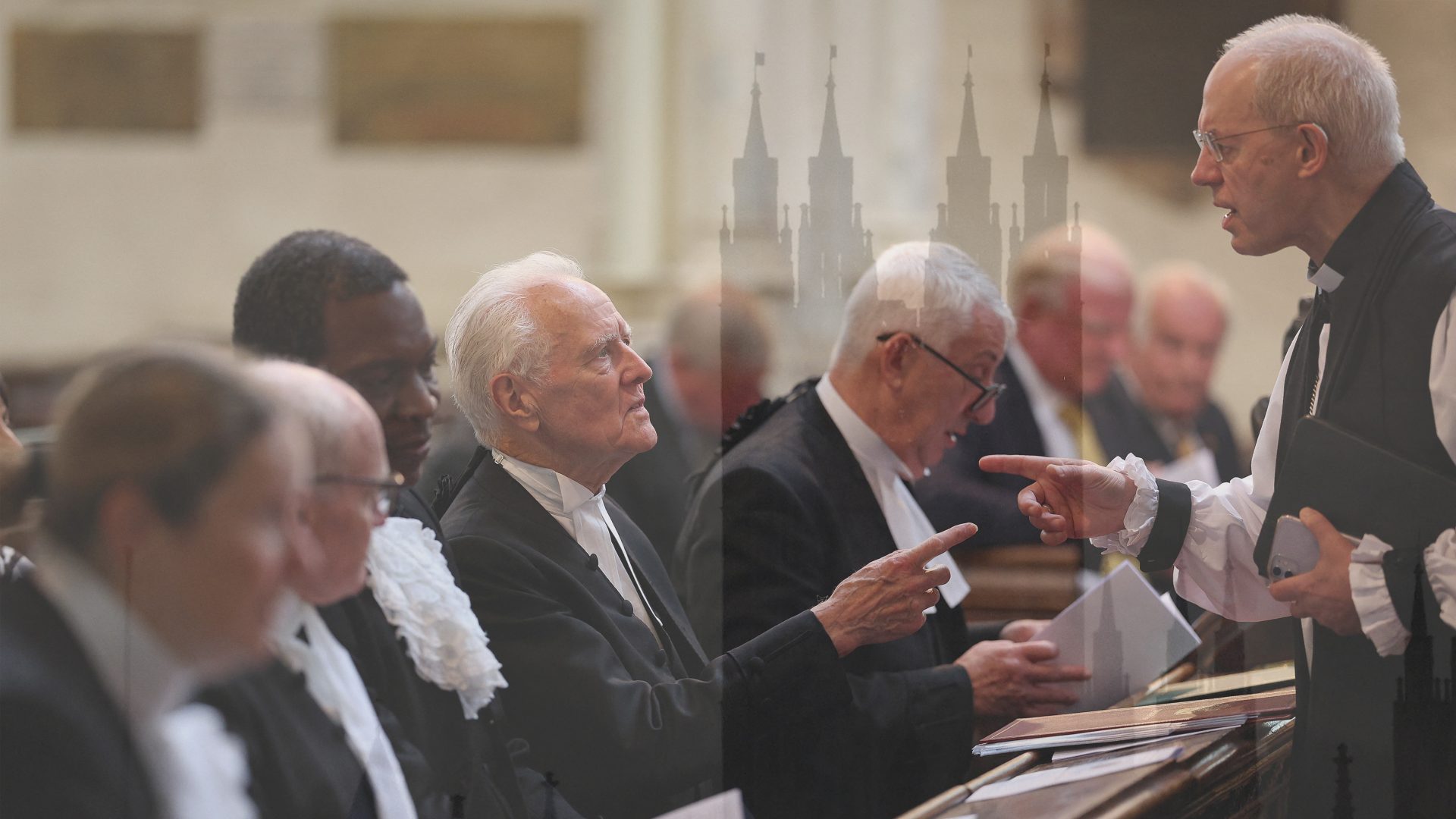In 2016, Trump’s victory shocked me. I suddenly understood then that misogyny and racism had become permanently more powerful drugs than elite, liberal complacency. Still in my pyjamas, I penned a startled op-ed spelling out the consequences: “Globalisation is dead. The American superpower will die.”
This time around, eight years on, I was not surprised. Nor do I feel disoriented or deflated, but coolly determined to face out four more years of right wing chaos.
We are in a global battle against ethno-nationalism and sexism mobilised in the service of a new oligarchic elite. We can win – but the reactionary populist wave will end only when the centre left correctly identifies what’s driving it, and alters its political priorities accordingly.
It’s not just politicians who have to change. So do the routine thoughts and actions of the social group that holds progressive politics together: educated professional people who believe in tolerance, women’s rights, the international rule of law, a market regulated for social justice and the primacy of science over superstition – but have no strategy to convince those who don’t.
What’s driving the far right surge is, first, the failure of our economic model to deliver rising incomes and wellbeing to ordinary people; second, the determination of a Brahmin caste of economists and political advisers to ignore this fact; third, the obsessional desire by a super-liberal minority to police the language of everybody else, to the detriment of devoting any significant energy to addressing the socio-economic catastrophe being lived by everyone else.
In the heyday of neoliberalism – between, say, 1997 and 2008 – the globalised free market system looked like a positive sum game, domestically and internationally. The promise was that we in the west would do the brain work while the workers of China, Bangladesh and Mexico would make stuff. The west would borrow and consume; Asia would produce and save.
It was an illusion based on the assumption that credit would be cheap for ever, that climate change could be managed technocratically, and that the authoritarian giants – Russia, China – would never seriously challenge the rules-based global order. Those assumptions were destroyed between 2008 and 2018 and, since then, western political elites have been forever one step behind the crisis – clinging to rules, assumptions and norms of behaviour that no longer work.
Today both global and domestic economics have become, quite tangibly, a zero-sum game. Hundreds of millions of voters understand that when someone else wins, they lose – whether they’re in competition with migrants in the jobs market, with foreign students for university places, or – at the macro level – with China in the race for technological innovation.
That’s why the right has so easily been able to turn “diversity” into a swear word. That’s why they have so easily mobilised the small-town, poorly-educated working class around a sub-culture of misogyny and hostility towards minorities.
Trump won because, when people are feeling insecure, a finger pointed at irregular migrants is more powerful than a homily to truth and goodness by a super-rich person called Beyoncé.
In response, the centre and the left have to converge on a politics that acknowledges the zero-sum character of the current system, and charts a path towards a new kind of positive-sum game, based on high productivity and cheap, renewable energy. That won’t be easy, given climate change and the heavily indebted nature of most developed-world states.
In a zero-sum world, if China gains, we in the west lose. In a zero-sum world the imperatives of fighting climate change need to be balanced against the economic costs of the transition borne by working people. In a zero-sum world, inward migration to countries with stressed housing and healthcare systems does not automatically lead to people celebrating diversity. It generates, instead, the kind of meanness and selfishness you will hear on every talk show and internet forum.
As in the 1930s, the far right’s ideology has staggering logical consistency. It doesn’t matter, for now, that their every action fails. Brexit tanked the incomes of farmers, while climate change has hammered their crop yields. But these major hirers of migrant labour are still on the streets applauding Nigel Farage in his Barbour jacket because he “talks sense”.
In response, the centre left – here, in the USA and in Europe – needs to evolve a tougher form of liberalism. It must recognise the need for borders; it must calculate the benefits of economic migration according to the self-interest of the resident population; it must take on and smash organised crime; and it must break completely with the secular religion of gestural wokeness.
Who gets this? Not the American left – who spent a year parading across campuses accusing Joe Biden and Kamala Harris of genocide rather than campaigning for a Democratic victory.
In Britain, not the Greens and not the small remaining caucus of Labour left MPs – who seem to spend every waking hour ticking boxes for causes with zero relevance to defeating the right.
The person who gets it, after a long false start, is Keir Starmer. He is reshaping Labour into a party of delivery – in the full knowledge that headline growth means nothing if your family income is stagnating; and that hiring 13,000 extra police will mean nothing unless the public starts to see crime and antisocial behaviour suppressed.
Starmer has been able to rapidly refocus Labour’s operation in power because, unlike Biden, Harris or Emmanuel Macron, he runs a party machine rooted in working-class reality. Don’t want a solar farm or a waste incinerator in your Tory-run county? Tell that to Angie Rayner, the working-class woman from Stockport.
I know that Kemi Badenoch is calling for a “muscular” liberalism and a muscular form of conservatism. But even now, most Labour supporters don’t realise how muscular and demotic their own tradition will have to become to survive what’s coming.




